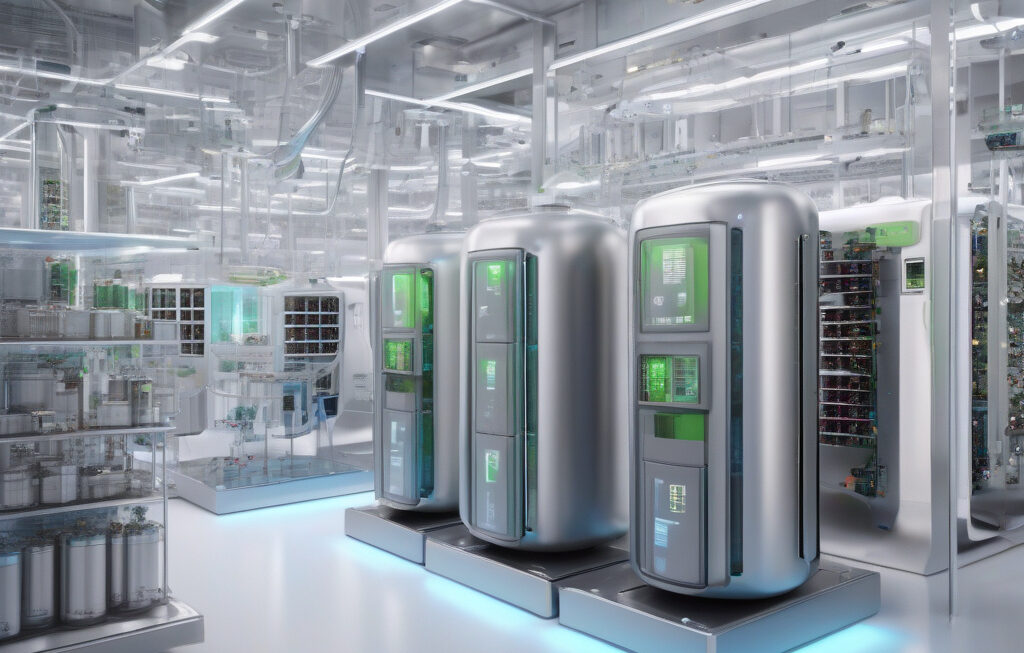Meta Platforms Inc., the technology conglomerate behind Facebook, is going all-in on artificial intelligence infrastructure. CEO Mark Zuckerberg recently revealed the company’s ambitious plans to build giant AI superclusters that could potentially outpace competitors like OpenAI and Google.
This strategic move by Meta signifies a significant shift towards leveraging AI to enhance its products and services. The development of AI superclusters involves clustering together thousands of powerful AI servers to create a massive computing infrastructure capable of handling complex AI algorithms and applications. By harnessing the power of these superclusters, Meta aims to improve user experience, optimize content delivery, and drive innovation across its platforms.
One of the key advantages of AI superclusters is their ability to process vast amounts of data at unprecedented speeds. This enables Meta to enhance its AI-powered features such as personalized recommendations, content moderation, and augmented reality experiences. By investing heavily in AI infrastructure, Meta is positioning itself to stay ahead of the competition and deliver cutting-edge technologies to its global user base.
Moreover, the development of AI superclusters aligns with Meta’s long-term vision of creating a metaverse – a virtual reality space where users can interact, socialize, and explore digital environments. These AI superclusters will play a crucial role in shaping the future of the metaverse by powering immersive experiences, virtual simulations, and real-time interactions on a massive scale.
In comparison to its rivals like OpenAI and Google, Meta’s focus on AI superclusters represents a unique approach to AI infrastructure. While OpenAI is known for its research-focused approach to AI development and Google has extensive experience in cloud computing and machine learning, Meta’s emphasis on building dedicated AI superclusters demonstrates its commitment to pushing the boundaries of AI capabilities.
Furthermore, Meta’s investment in AI superclusters could have far-reaching implications beyond its own platforms. As AI technology continues to evolve and reshape industries, Meta’s advancements in AI infrastructure could pave the way for new innovations in healthcare, finance, transportation, and other sectors. The ripple effects of Meta’s AI superclusters could fuel a new wave of AI-powered applications and services that benefit society as a whole.
Overall, Meta’s plans for giant AI superclusters signal a bold step towards harnessing the full potential of artificial intelligence. By investing in cutting-edge AI infrastructure, Meta is not only aiming to outpace competitors like OpenAI and Google but also to redefine the future of technology and innovation. As AI continues to drive digital transformation and shape the way we interact with the world, Meta’s strategic focus on AI superclusters positions it as a key player in shaping the AI landscape for years to come.
#MetaPlatforms #AISuperclusters #Innovation #Metaverse #DigitalTransformation











